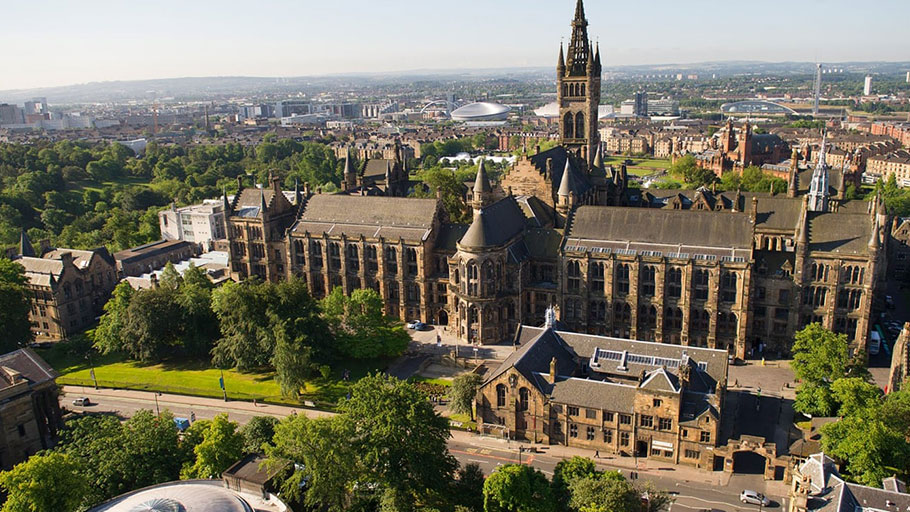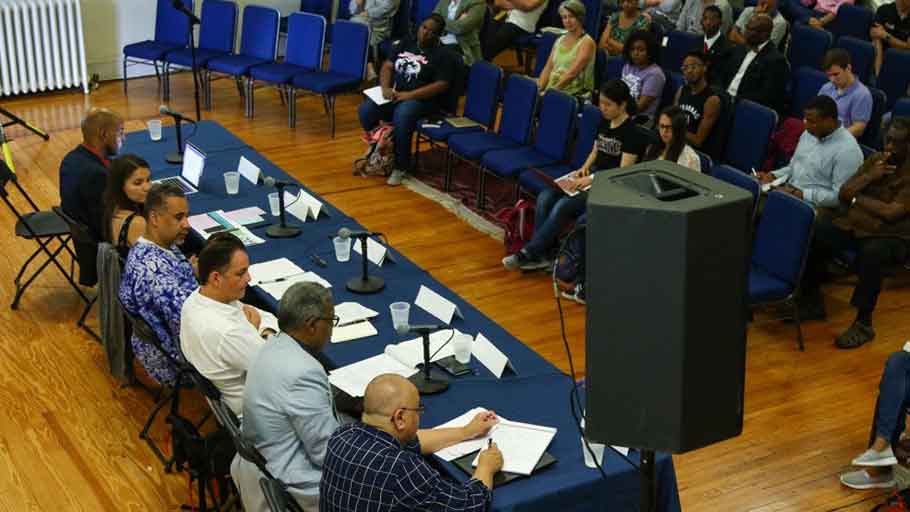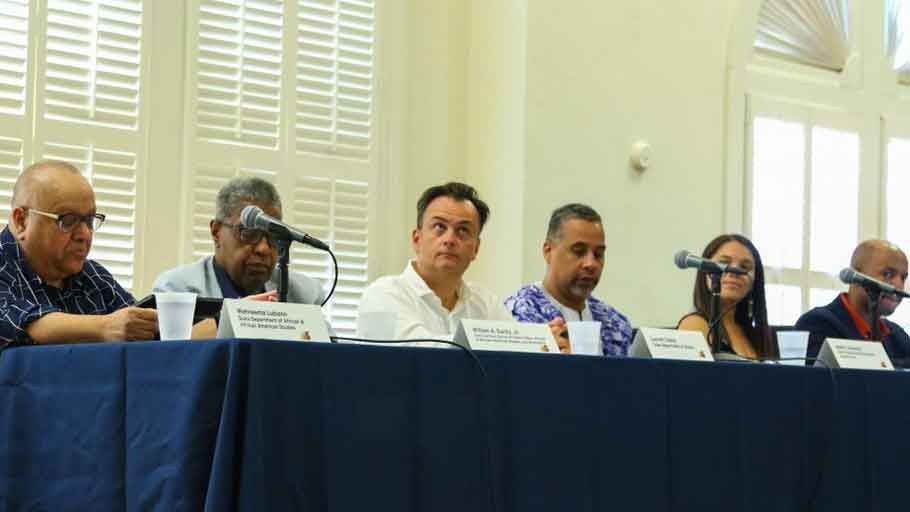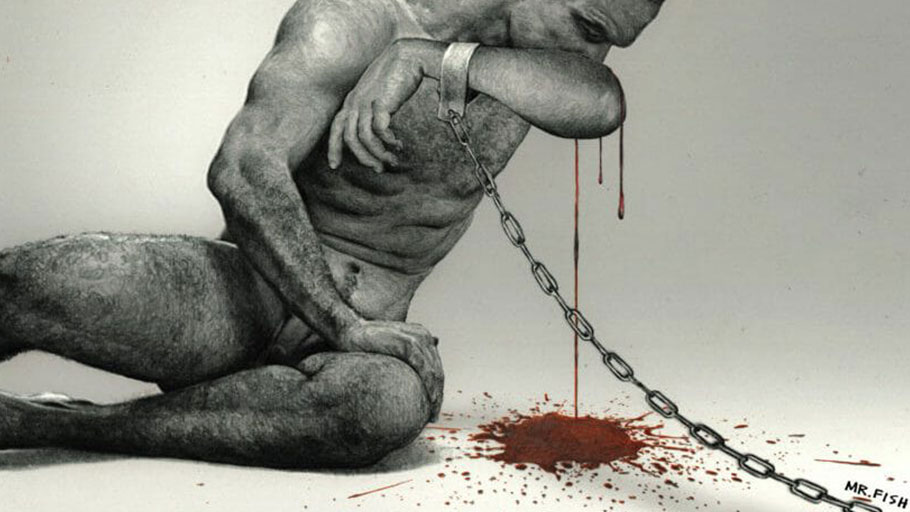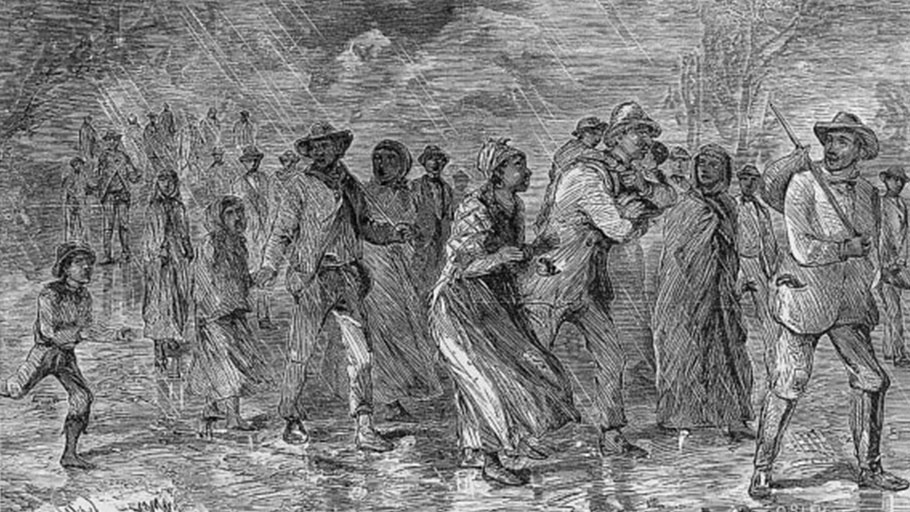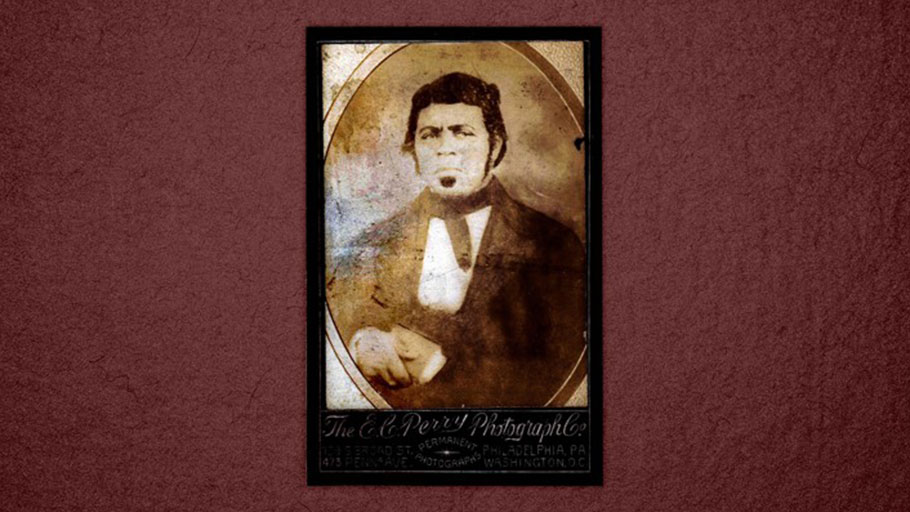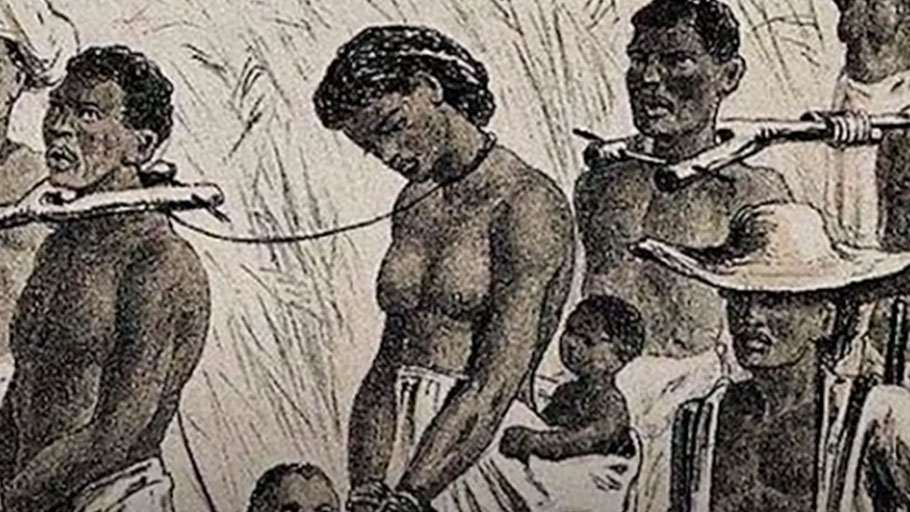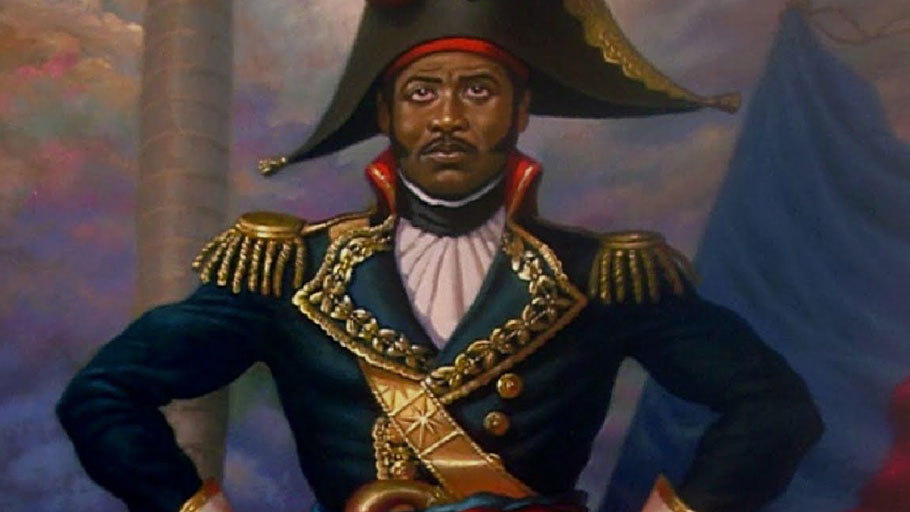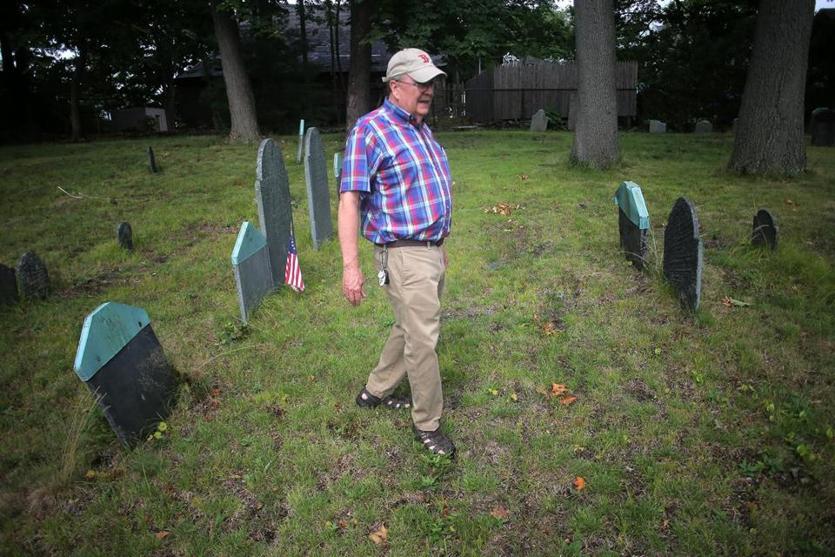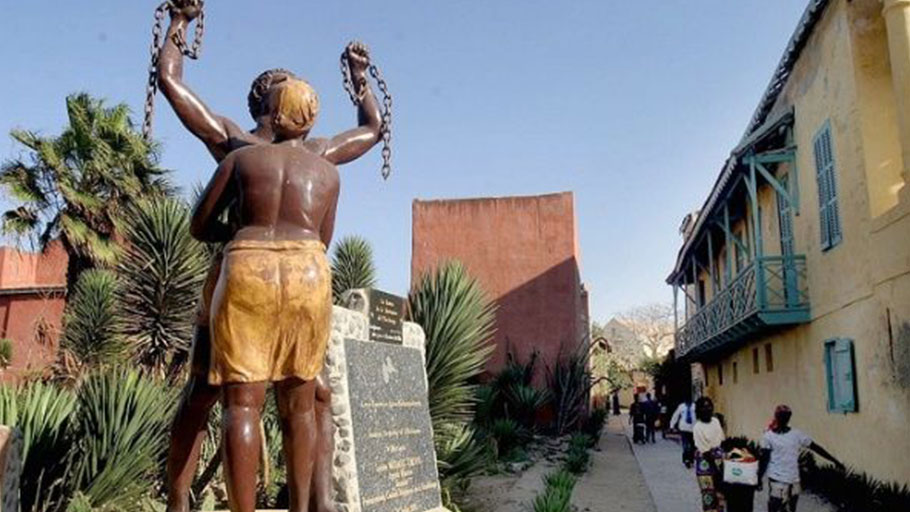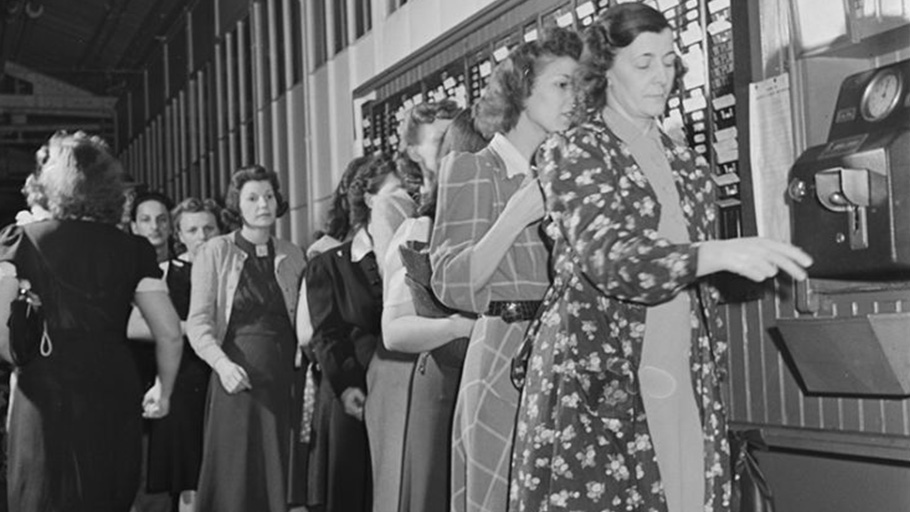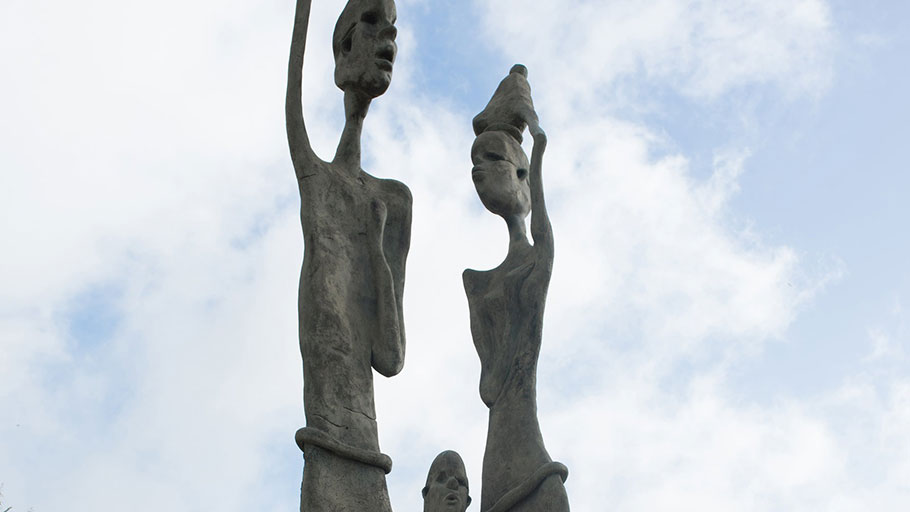
There are important monuments, plaques and sites on the island. It requires effort to see many of them. Will that change? By Jon Hurdle, The New York Times — A slender bronze sculpture representing an African couple and their child dominates a modest concrete plaza above a colorful jumble of houses in Rock Hall Freedom Village, Barbados, about a half-hour’s drive north of the island’s capital, Bridgetown. A few feet away, a granite…

